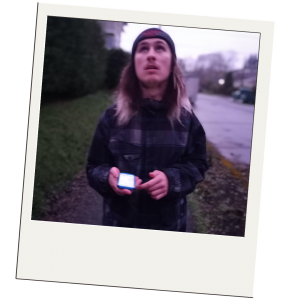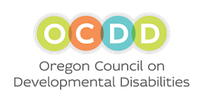 This time of year feels like human contact has new meaning when it’s enveloped in the fragrant smells of spring. I stepped outside earlier to go for my daily walk and found it to be heavy with spring blossoms and sprouting flowers. Springtime has this calming effect on my senses which will brighten and grow hotter the closer we approach summer. Fighting that transition is pretty hopeless, and as much as I would like to stay in the soft frangrancy of April, May is waiting like a petulant child.
This time of year feels like human contact has new meaning when it’s enveloped in the fragrant smells of spring. I stepped outside earlier to go for my daily walk and found it to be heavy with spring blossoms and sprouting flowers. Springtime has this calming effect on my senses which will brighten and grow hotter the closer we approach summer. Fighting that transition is pretty hopeless, and as much as I would like to stay in the soft frangrancy of April, May is waiting like a petulant child.
There is one presence that has had a shadowy place in this delightful month, and that is the growing trend of autism awareness events and puzzle pieces and blue this and that. I feel lucky that neither of my parents is interested in that sort of public display of autism. Let’s be honest: I have a hard time identifying with it. The puzzle piece as a symbol of autism was very obviously designed by a parent or family member — definitely not an autistic person. The whole “light it up blue” phenomenon was really smart marketing by a non-profit led by neurotypical grandparents.
 How it’s turned into an awareness campaign rivaling breast cancer and the pride rainbow is really interesting to think about. Pride parades are a celebration of joy and love driven by LGBTQ+ people. Breast cancer awareness has millions of women who have had cancer walking and raising money for lifesaving research. Autism awareness month is primarily led by parents and family members who shape the narrative of an experience they watch from the side, and nothing seems strange about that to the general public.
How it’s turned into an awareness campaign rivaling breast cancer and the pride rainbow is really interesting to think about. Pride parades are a celebration of joy and love driven by LGBTQ+ people. Breast cancer awareness has millions of women who have had cancer walking and raising money for lifesaving research. Autism awareness month is primarily led by parents and family members who shape the narrative of an experience they watch from the side, and nothing seems strange about that to the general public.
In fact, most autism awareness events are centered on the experiences of family members, not the autistic individual. Indeed, all the walks and blue light bulbs are miniparades and spotlights shining on the ways in which non-autistic people cope with the ways autism has impacted their lives. I should honestly hate these awareness activities, but I get it – families living with an autistic child have very different experiences with the various systems that organize our lives. School/college, healthcare, community activities, church, work, and housing look different for disabled people, and those systems further oppress those of us who are deemed severely disabled.
 But what makes these awareness activities and the rabid fundraising they generate particularly distasteful is how little those millions actually impact the lives of autistic people directly. What is repugnant to me is that they think they are speaking on behalf of people like me when they won’t have autistics in any positions with decision making power. They deny that people like me should have autonomy or a say in what might improve their non-speaking child’s life because supposedly I am not as impacted as they are. When actually autistic people share their opinions on treatments that they had to undergo which are critical of those therapies, parents and professionals shut them down because it calls into question everything they profess to know about autism.
But what makes these awareness activities and the rabid fundraising they generate particularly distasteful is how little those millions actually impact the lives of autistic people directly. What is repugnant to me is that they think they are speaking on behalf of people like me when they won’t have autistics in any positions with decision making power. They deny that people like me should have autonomy or a say in what might improve their non-speaking child’s life because supposedly I am not as impacted as they are. When actually autistic people share their opinions on treatments that they had to undergo which are critical of those therapies, parents and professionals shut them down because it calls into question everything they profess to know about autism.
When autistic people claim their disabled identity, are proud of it, and seek to counter the myths that obscure our lives and name ourselves autistic first, it unravels a lot of what people believe about autism. That’s pretty hard for most people to process. So go ahead and walk in your parade and light up your porch in blue for thirty days if that makes you feel connected to this tribal community. But if you’re not making space for autistic voices; if you’re not actively seeking out our stories; if you don’t know a single autistic person in your social circle (to whom you aren’t related or are paid to support), then you really aren’t doing much that will actively improve autistic lives. Having humility in learning what you got wrong about autism is essential; equally important is where you can apply that new knowledge to make autistic lives better. The lessons you learn from us will make you laugh; we will induce tears and anger too. But never let yourself stop learning from the very people you claim you want to rise to new heights. Lift us using our experiences, not yours.
